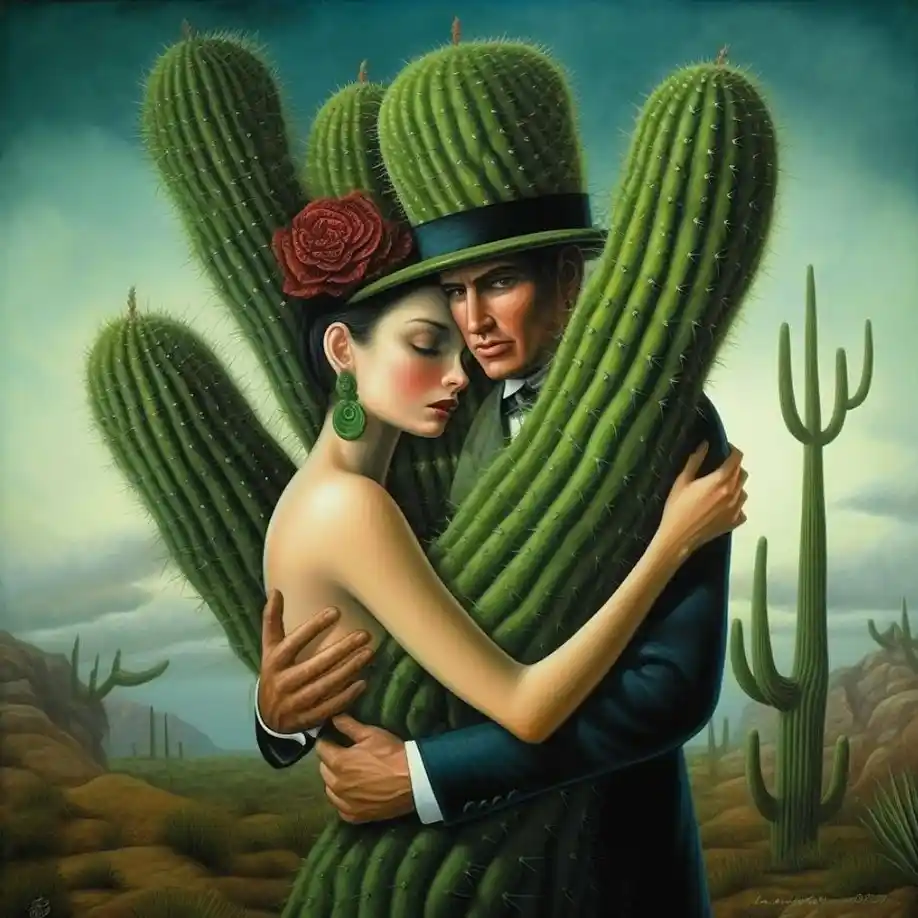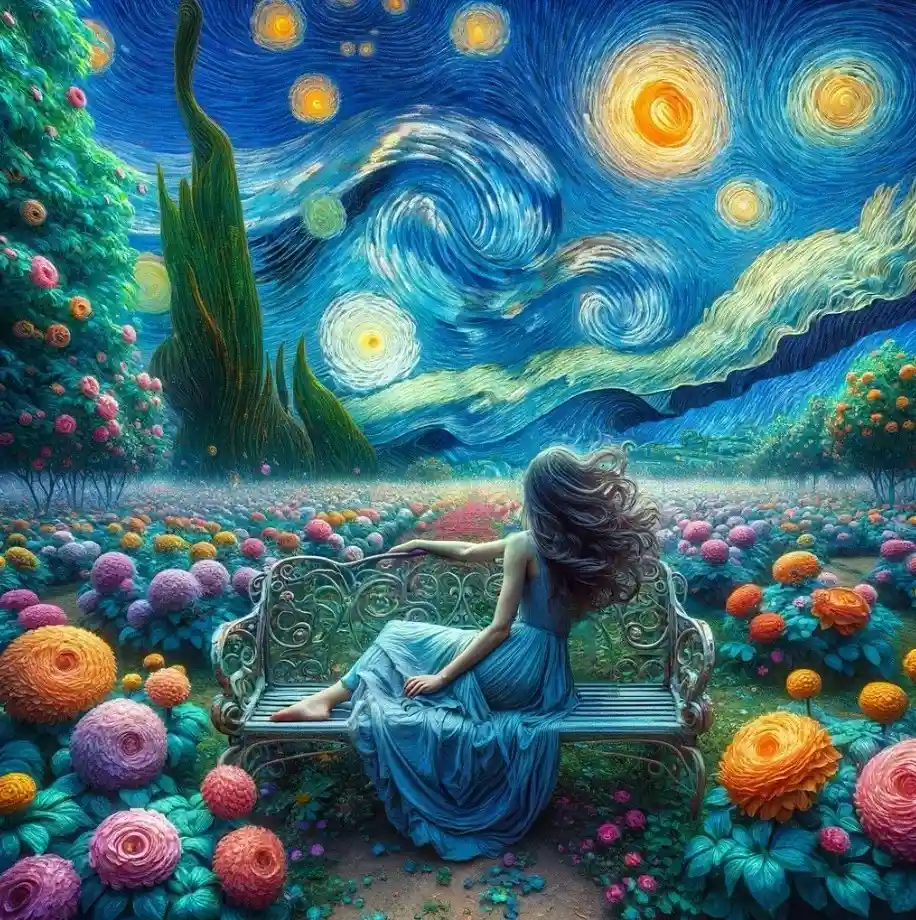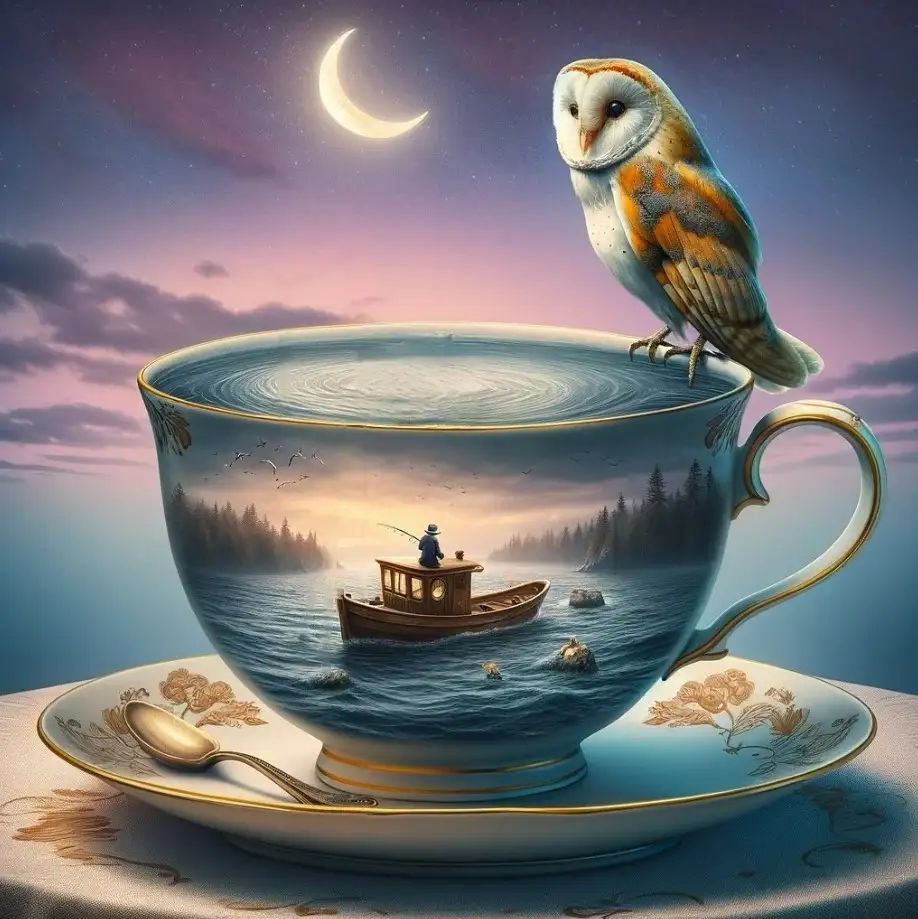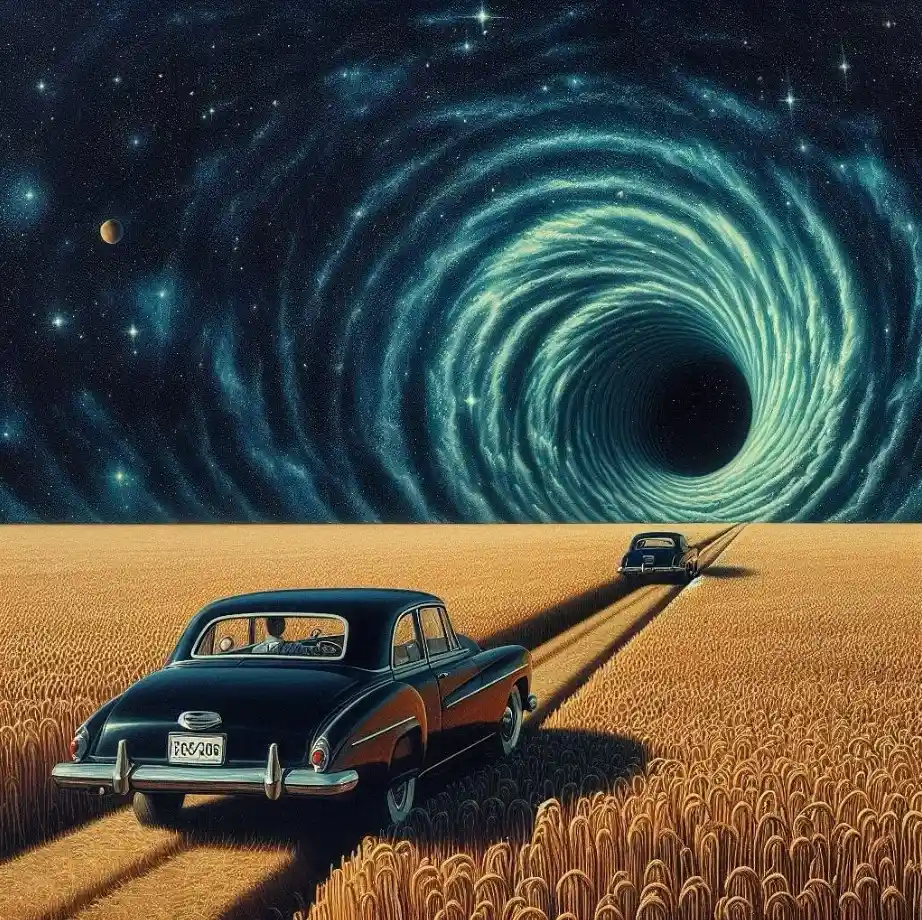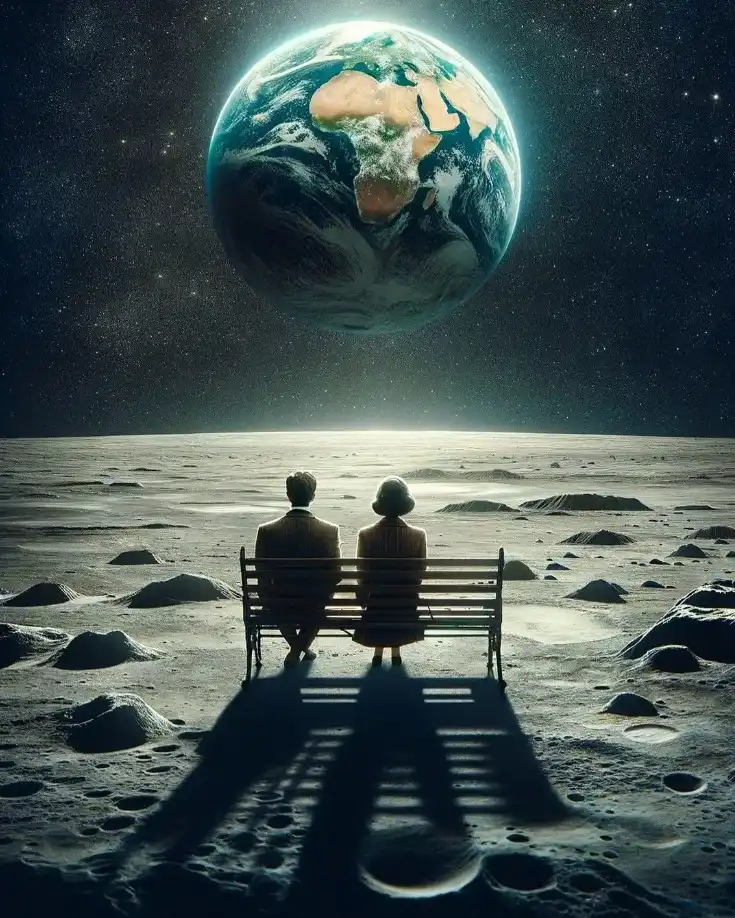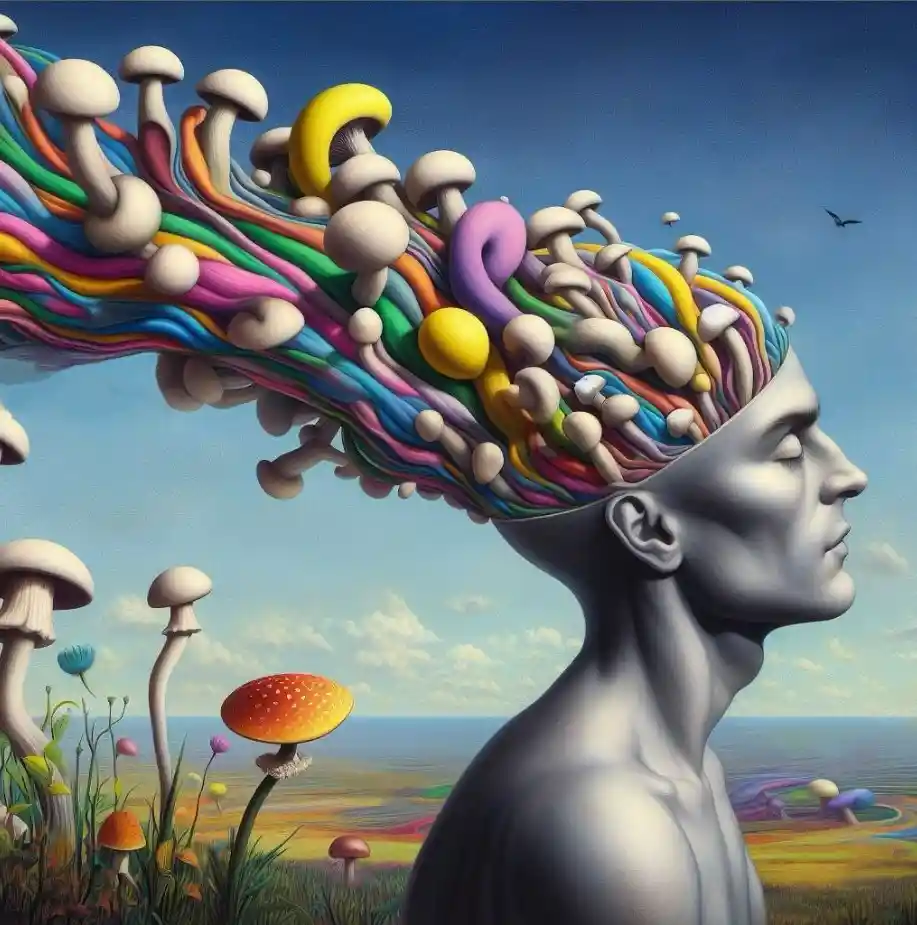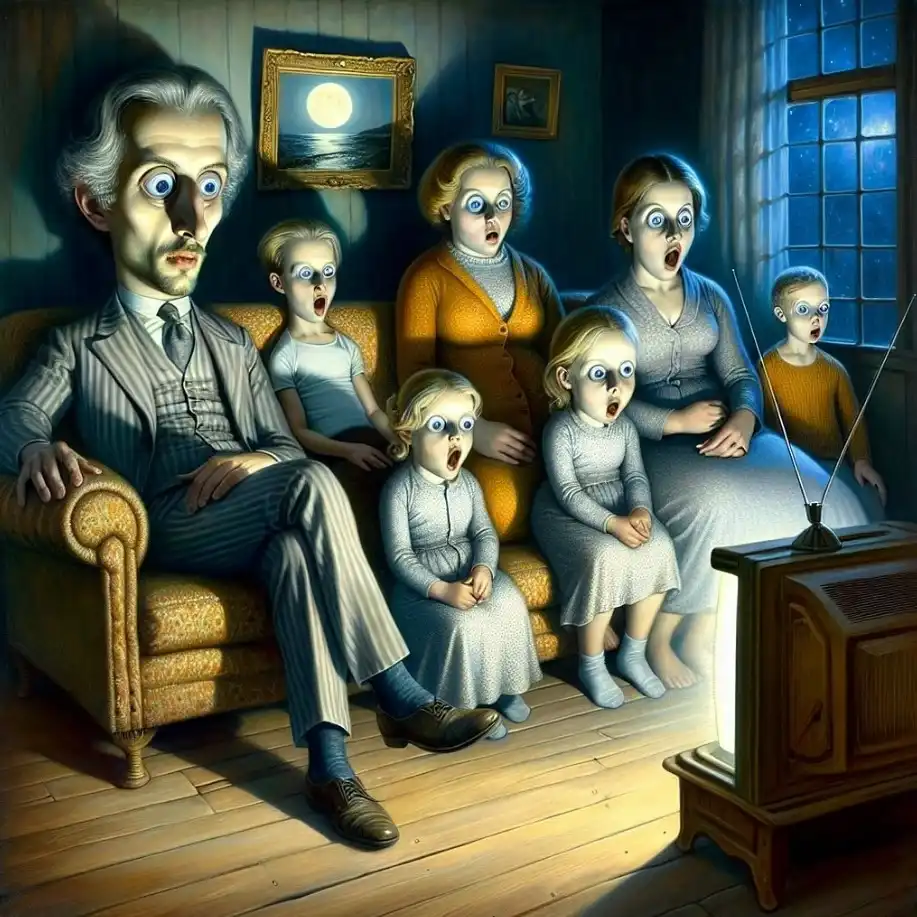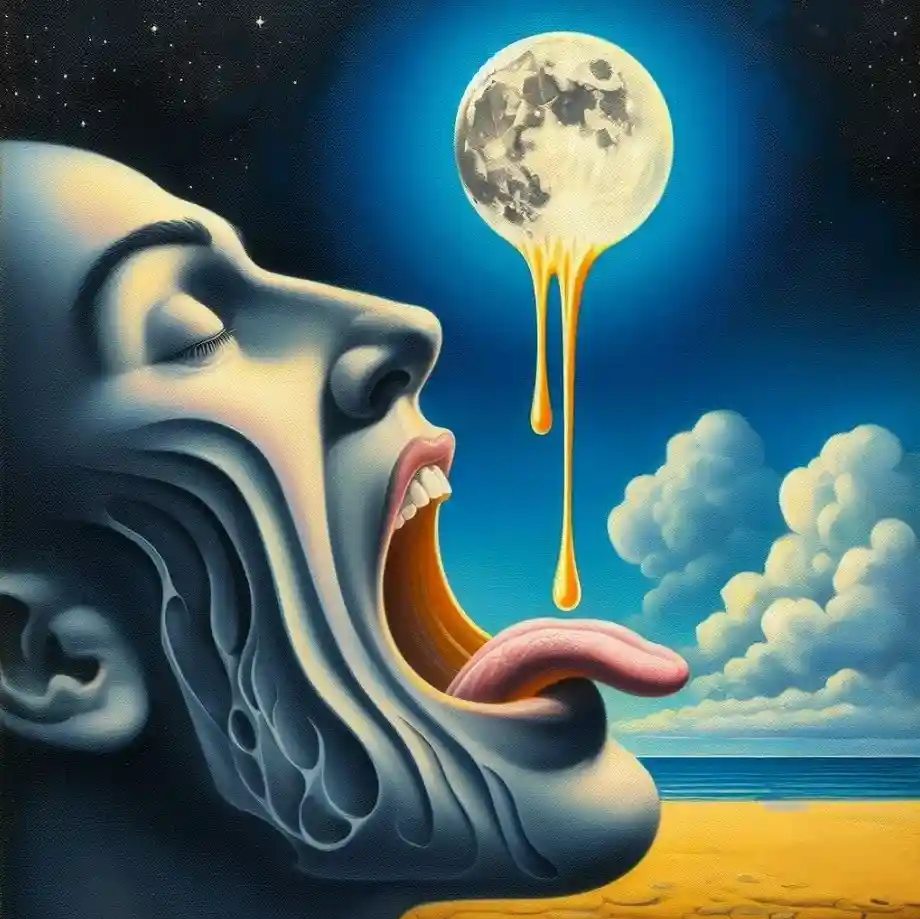Vitalie Burcovschi was born in Raduleni Vechi, Republic of Moldova. He studied performing arts at Alecu Russo University and worked in the Vasile Alecsandri National Theatre. Then he moved to the U.S. in 2009, delving into web development and IT. He participated in OpenAI’s beta research project in 2021.
Vitalie Burcovschi creates AI-generated art, and through his art he reminds us of the limitless possibilities of the human imagination.
My journey into the world of creativity began in my home village of Raduleni Vechi in Moldova, where I was always drawn to the arts. However, it was during my studies at Alecu Russo University and performances at the Vasile Alecsandri National Theatre that I truly connected with my creative side. However, it wasn’t until I explored the world of tech in the United States that I discovered my passion for AI and digital art. The fusion of my artistic background with technological advancements led me to link my destiny with creativity, particularly in the realm of AI-assisted surrealism.
The realistic effect in my digital works is a combination of traditional art influences and modern technology. I have always admired the tactile quality of pencil and paint on canvas. To replicate this in digital art, I meticulously blending AI-generated elements with manual enhancements in Procreate or Photoshop. This technique was more of an evolutionary process than a planned concept, growing from my desire to merge classic artistry with digital innovation.
My works are indeed metaphorical, exploring themes like time, relationships, and the subconscious mind. The psychological depth in each piece is intentional, inviting viewers to derive personal meanings. Influenced by Surrealist masters like Dali and Magritte, I embed hidden messages and themes that resonate with the complexities of human emotions and experiences.
Water, air, and eyes are recurring symbols in my art, representing fluidity, clarity, and perception. While I infuse my work with these symbols intentionally, I also appreciate the subjective interpretations of the audience. Ensuring that the audience understands the intended meaning isn’t as crucial to me as evoking introspection and personal reflection.
Collaborations have been an avenue to explore new perspectives and push the boundaries of my creativity. The most interesting aspect is the fusion of different artistic visions. I’m always open to exploring new mediums and styles, perhaps even stepping outside the digital realm in the future.
A common misconception is that digital art lacks the depth and authenticity of traditional art. My journey has been about debunking this myth, showing that digital art can be as intricate and emotive. The challenge is in educating audiences about the potential and legitimacy of this medium.
My inspiration comes from a blend of my cultural heritage, experiences in performing arts, and the surrealists who have influenced me. My creative process is a dynamic interaction between my imagination and the capabilities of AI tools. During creative blocks, I return to the basics – exploring nature, reading, and sometimes even taking a complete break to rejuvenate my creative energy.
My process begins with a concept or emotion I wish to explore. I then translate this concept into digital form using DALL-E or Midjourney, followed by extensive refinement using digital tools like Procreate and Photoshop. The challenge lies in balancing technical precision with artistic expression, ensuring the final piece resonates both visually and emotionally.
Digital art has revolutionized how we perceive and interact with art, making it more accessible and diverse. In the next 5-10 years, I see it becoming even more integrated with virtual and augmented reality, offering immersive and interactive art experiences.
If I could travel in time, I would visit my younger self in Moldova and encourage persistence and openness to new experiences. I would stress the importance of embracing every opportunity to learn, whether in art, technology, or life, as these experiences would be instrumental in shaping my unique artistic journey.
